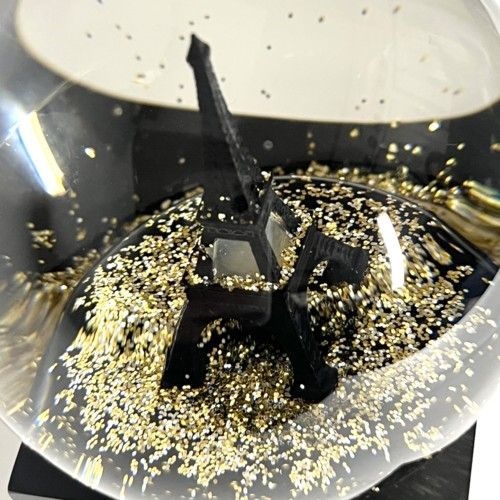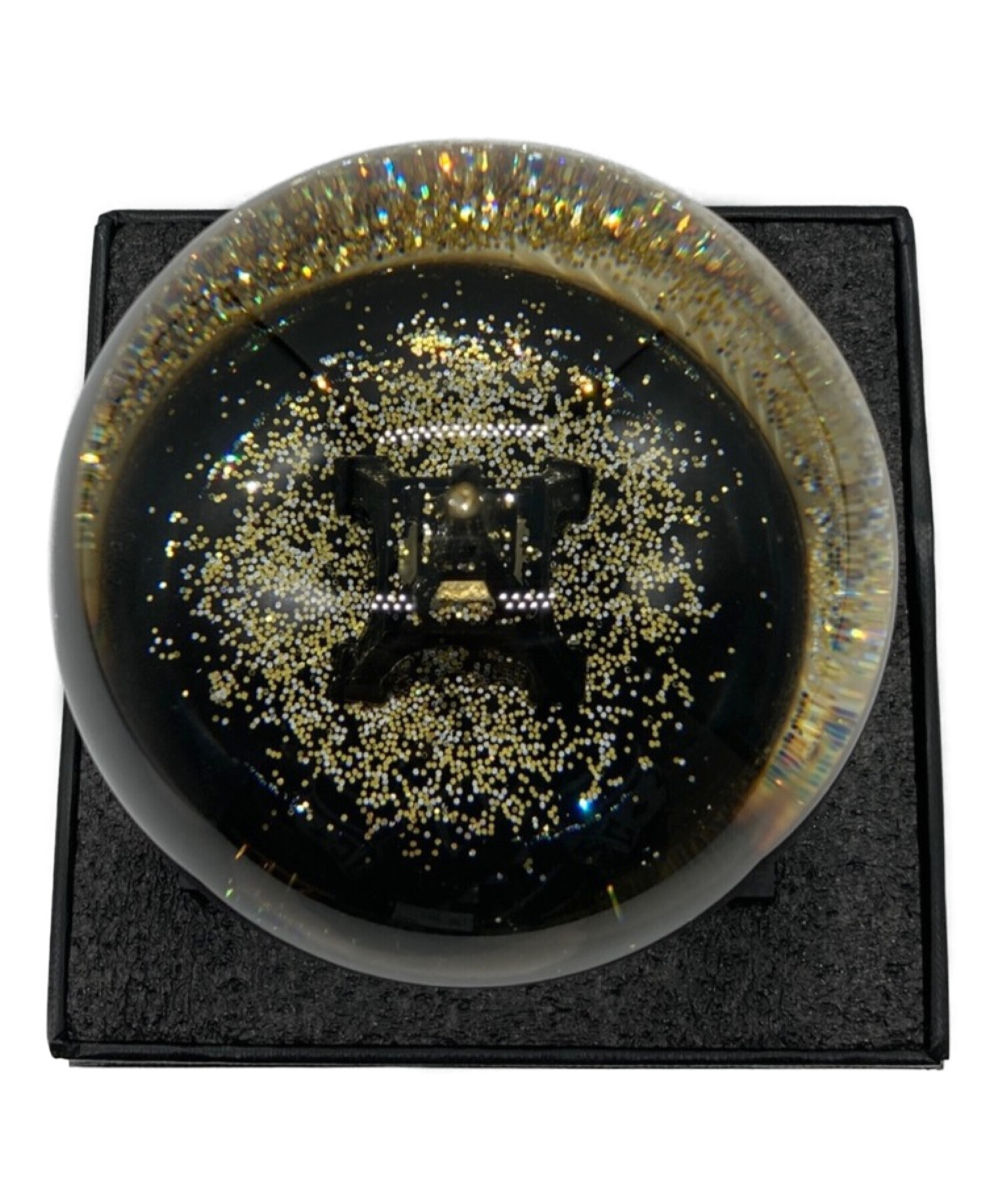SAINT LAURENT スノードーム
(税込) 送料込み
商品の説明
スノードームです
箱から出しましたが、飾った事は無く
収めて保管しておりました。
外装箱に入れて、お譲りします。
#サンローラン #スノードーム #ヤシの木商品の情報
| カテゴリー | ホビー・楽器・アート > 美術品・アンティーク・コレクション > 彫刻・オブジェ |
|---|---|
| 商品の状態 | 未使用に近い |

サンローラン スノードーム-

サンローラン スノードーム-

シップス SAINT LAURENT PARIS サンローランパリ リヴドロワ

サンローラン スノードーム-

SAINTLAURENT スノードームインテリア小物 - 置物

日本公式品 Saint Laurent サンローラン エッフェル塔 スノードーム

29paris on X:

SAINT LAURENT PARIS サンローラン パリ エッフェル塔 スノードーム

SAINT LAURENT スノードーム - 彫刻・オブジェ

大特価アウトレット 【新品未使用】SAINT LAURENT スノードーム 非売品

今年はちょっとリッチに過ごしたい! そんなあなたに一流メゾンの粋な

Saint Laurent - サンローラン スノードームの通販 by kazushi's shop

サンローラン スノードーム-

楽天市場】サンローランパリ RIVE DROITE スノードーム エッフェル塔

Yves Saint Laurent イヴサンローラン スノードーム-

SAINTLAURENT スノードーム サンローラン すぐったレディース福袋 置物

Saint Laurent - サンローラン スノードームの通販 by kazushi's shop

Amazon.co.jp: サンローラン パームツリー スノードームsaintlaurent

SAINT LAURENT PARIS/サンローランパリ】 スノードーム パームツリー
SAINT LAURENT PARIS サンローランパリ リヴドロワ エッフェルタワー

レア サンローラン SAINT LAURENT スノードーム 置物 www.adminbandit

楽天市場】サンローランパリ RIVE DROITE スノードーム エッフェル塔

SAINTLAUREN PARIS サンローラン スノードーム-

SAINT LAURENT エッフェル塔スノードーム hosoho.jp

SAINT LAURENT PARIS サンローラン パリ エッフェル塔 スノードーム

日本公式品 Saint Laurent サンローラン エッフェル塔 スノードーム

サンローラン スノードーム-

日本上陸!【サンローラン】のライフスタイルグッズ注目アイテム | Domani

SAINT LAURENT PARIS/サンローランパリ】 スノードーム パームツリー

Saint Laurent snow globe black gold Palm tree YSL not bag NEW box

Yves Saint Laurent イヴサンローラン スノードーム 2022年激安 48.0
SAINT LAURENT PARIS サンローランパリ リヴドロワ エッフェルタワー

【新品未使用】SAINT LAURENT スノードーム 非売品 レア 希少

Yves Saint Laurent イヴサンローラン スノードーム - 置物

Amazon.co.jp: スノードーム サンローラン ノベルティ : おもちゃ

中古・古着通販】Saint Laurent Paris (サンローランパリ) エッフェル

サンローランパリ 小物美品 - クリア×黒×ゴールド スノードーム

楽天市場】サンローラン SAINT LAURENT スノードーム パームツリー

SAINT LAURENT PARIS サンローラン パリ エッフェル塔 スノードーム

イヴ・サンローラン / ラ ラッククチュール No.33 パールスノードーム



商品の情報
メルカリ安心への取り組み
お金は事務局に支払われ、評価後に振り込まれます
出品者
スピード発送
この出品者は平均24時間以内に発送しています














